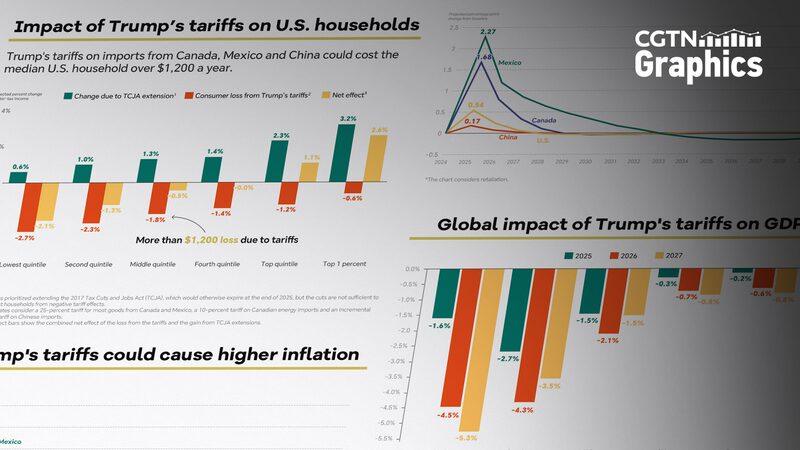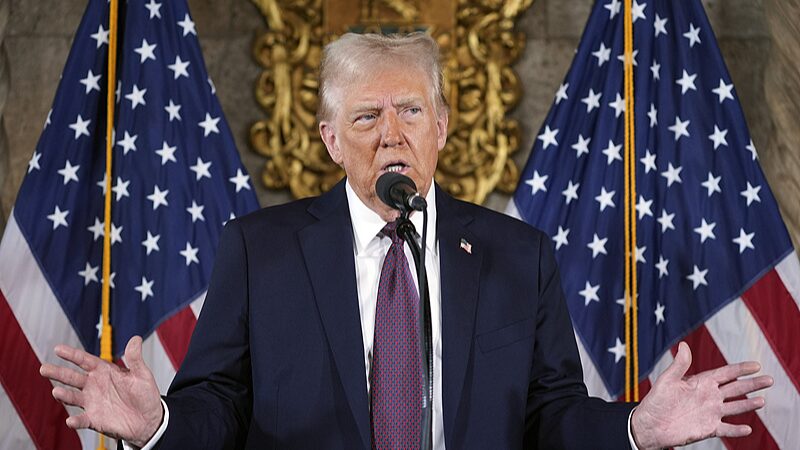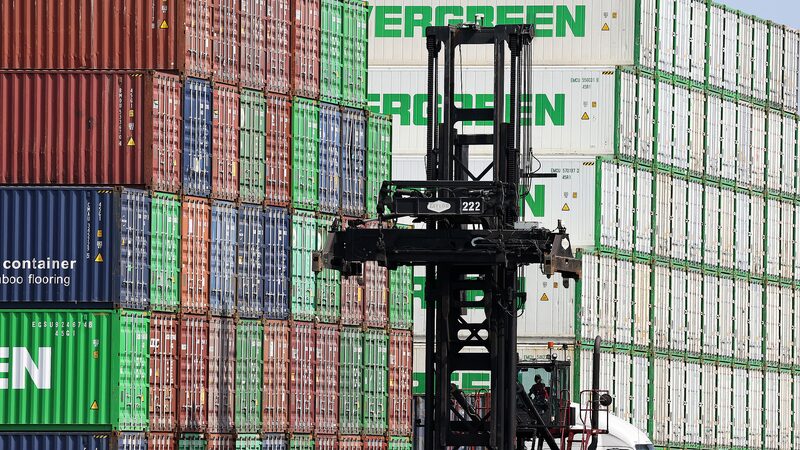On Monday, U.S. President Donald Trump announced a significant rise in tariffs on all steel and aluminum imports, setting the rate at 25 percent. This move follows earlier tariff hikes on imports from Canada, Mexico, and China that were declared on February 1.
Economists and market analysts have expressed concerns that Trump's aggressive tariff tactics may lead to higher inflation rates in the United States. By increasing the cost of imported steel and aluminum, industries that rely on these materials are likely to pass on the additional costs to consumers, resulting in higher prices for goods and services.
The increased tariffs are also expected to elevate the overall tax burden on U.S. consumers. As businesses face higher input costs, they may respond by reducing wages, cutting jobs, or increasing prices to maintain profit margins. This could lead to a decrease in disposable income for consumers and potentially slow down economic growth.
While the administration aims to protect domestic industries and reduce trade deficits, the long-term implications of these tariffs on the broader economy remain a topic of intense debate among policymakers and economic experts.
Reference(s):
Trump's tariff tactics to stoke inflation, increase tax burden
cgtn.com








